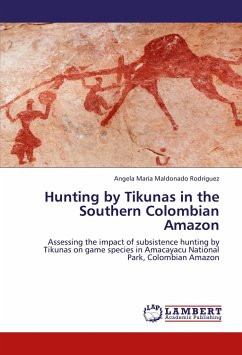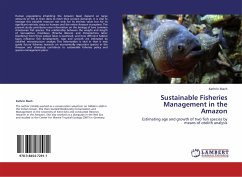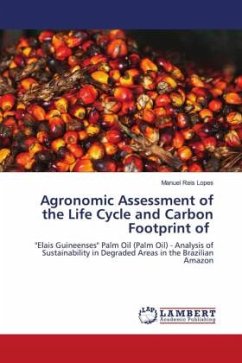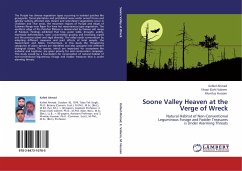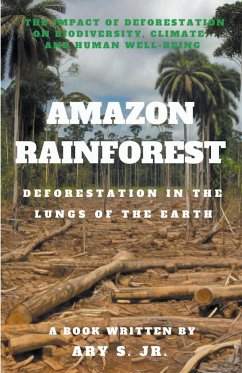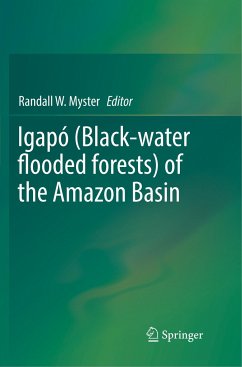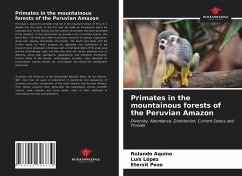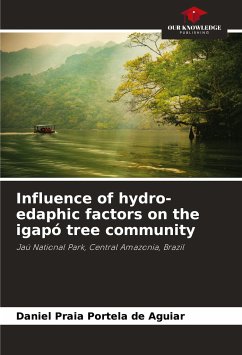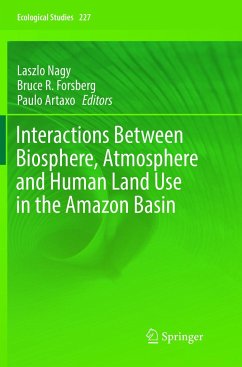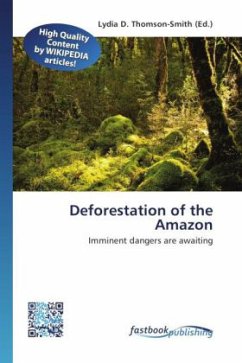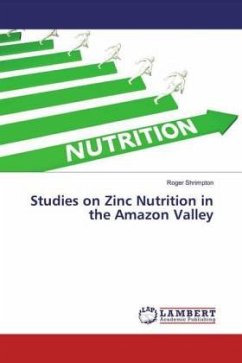
Studies on Zinc Nutrition in the Amazon Valley
Versandkostenfrei!
Versandfertig in 6-10 Tagen
58,99 €
inkl. MwSt.

PAYBACK Punkte
29 °P sammeln!
Geophagy, splenomegaly, short stature and poor wound healing, shown elsewhere to be associated with zinc deficiency, have been frequently reported in the Amazon. Studies were performed to investigate the zinc intake and status of people in the Amazon valley. Many poor Amazonian inhabitants have low zinc status, and since zinc deficiency can impair both reproductive and immune capacities in man it could impede plans for a productive colonization of the Amazon region. The basic fish and cassava diet has a poor zinc to energy ratio. In the past game meat, the best food zinc source, was used to im...
Geophagy, splenomegaly, short stature and poor wound healing, shown elsewhere to be associated with zinc deficiency, have been frequently reported in the Amazon. Studies were performed to investigate the zinc intake and status of people in the Amazon valley. Many poor Amazonian inhabitants have low zinc status, and since zinc deficiency can impair both reproductive and immune capacities in man it could impede plans for a productive colonization of the Amazon region. The basic fish and cassava diet has a poor zinc to energy ratio. In the past game meat, the best food zinc source, was used to improve the diet. Traditional game species are now threatened with extinction and protected, whilst imported beef is scarce and expensive. Options for improving the Amazonian diet for zinc, within the ecological capabilities of the region are discussed.



